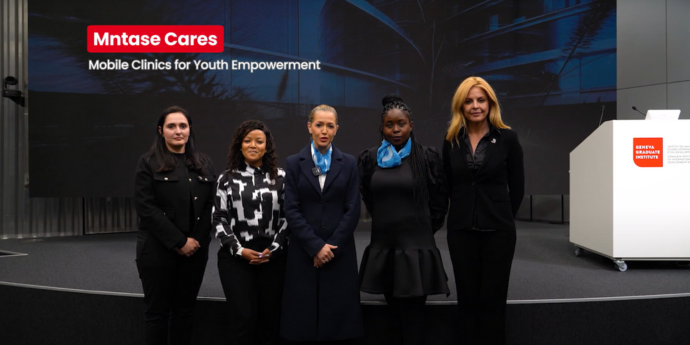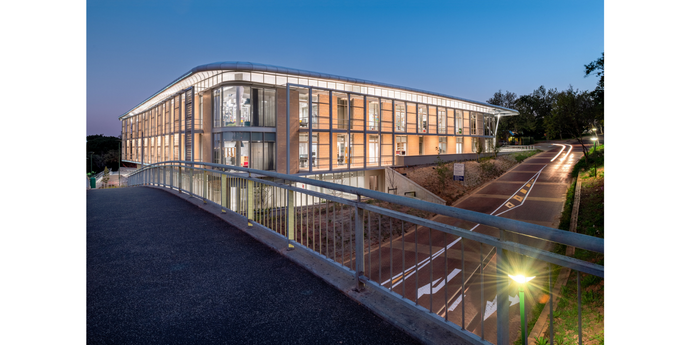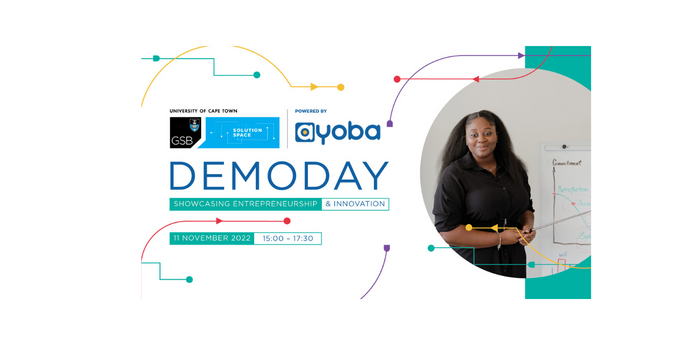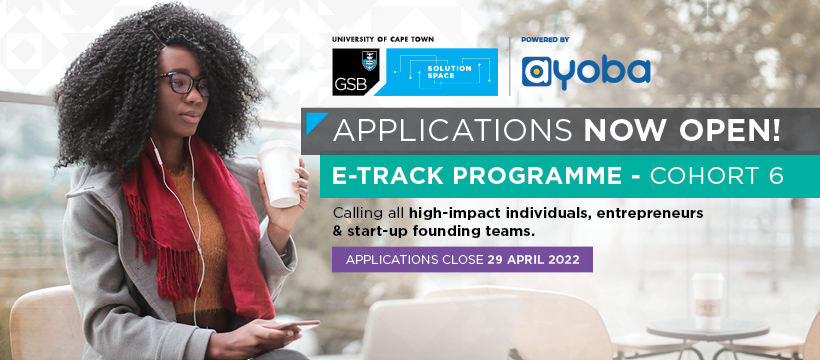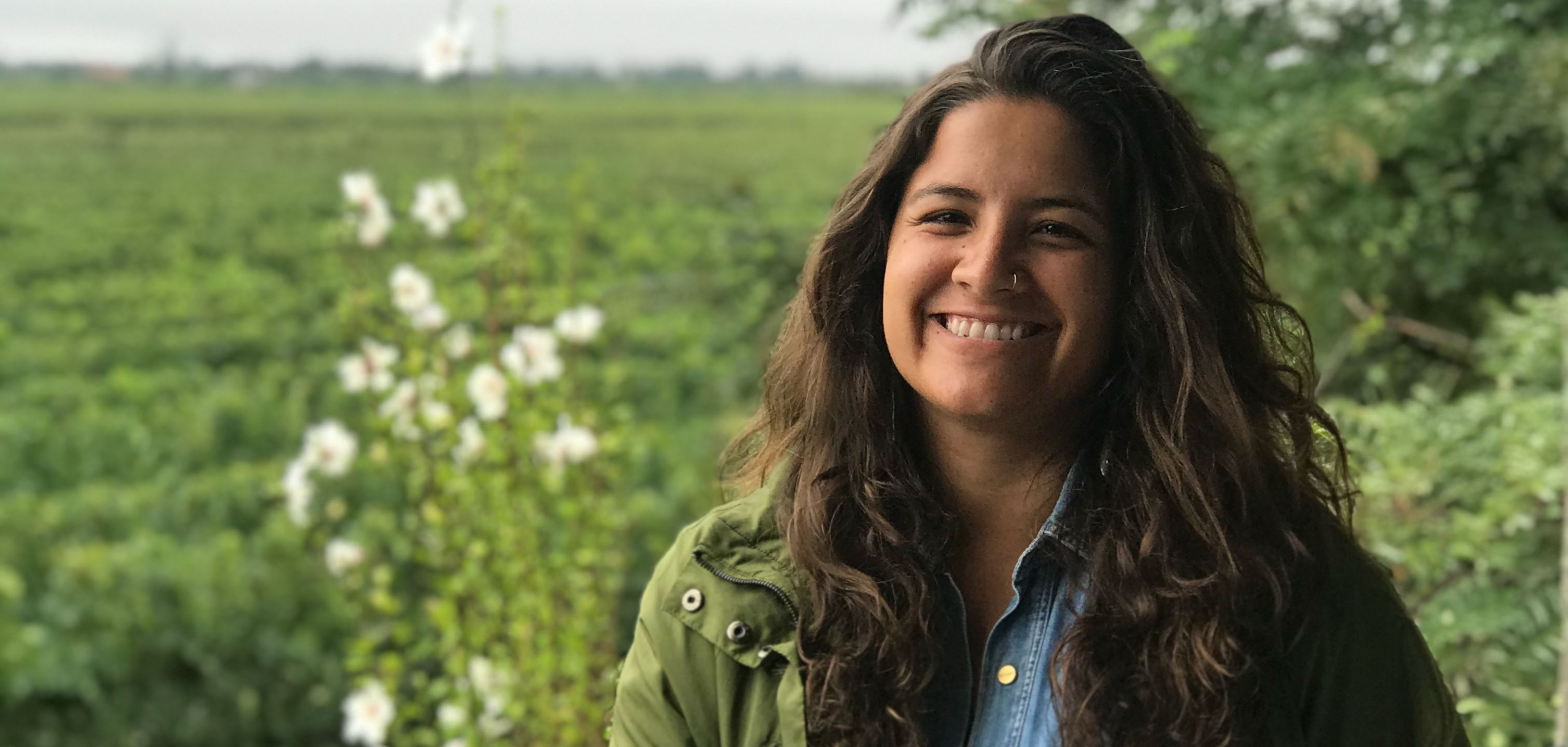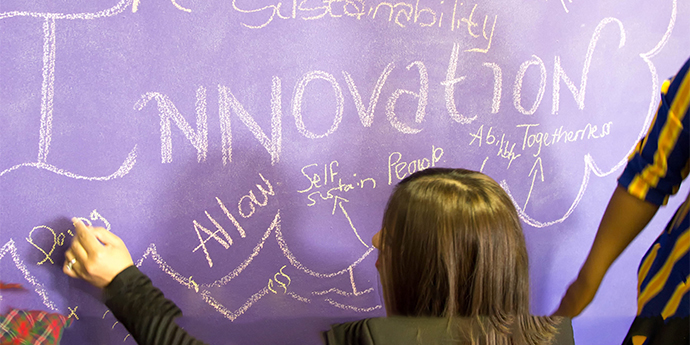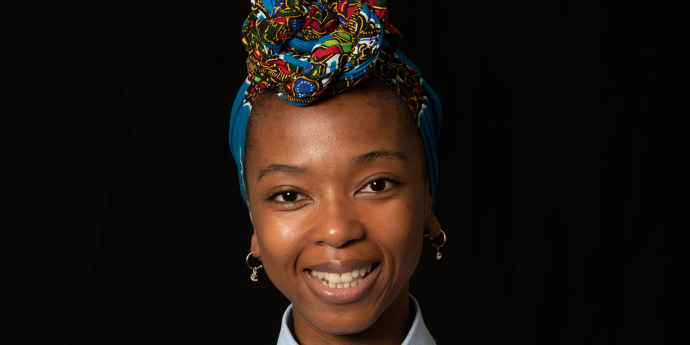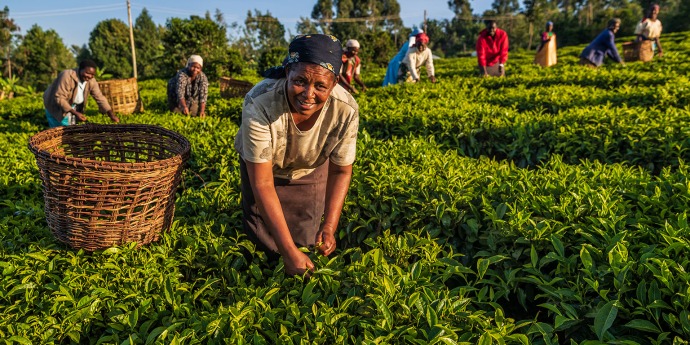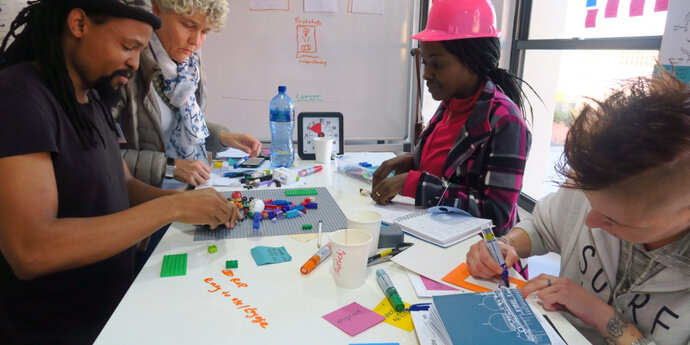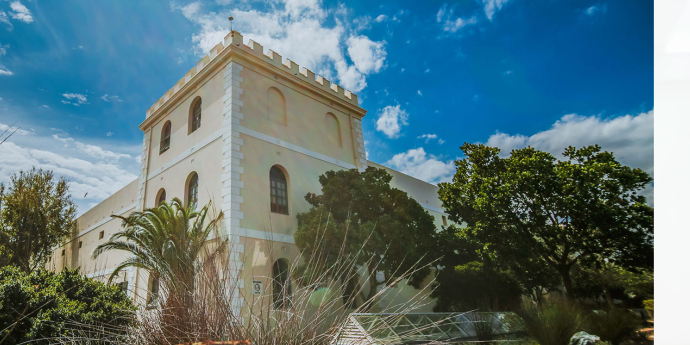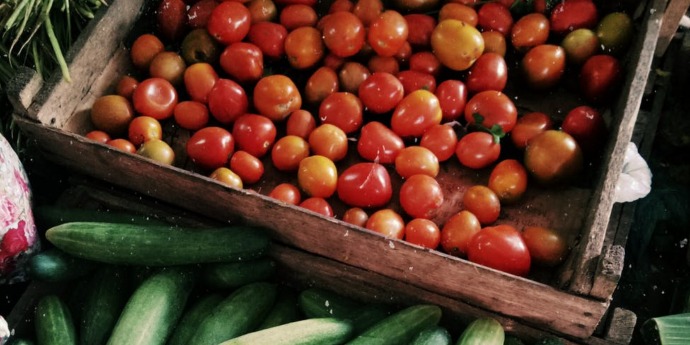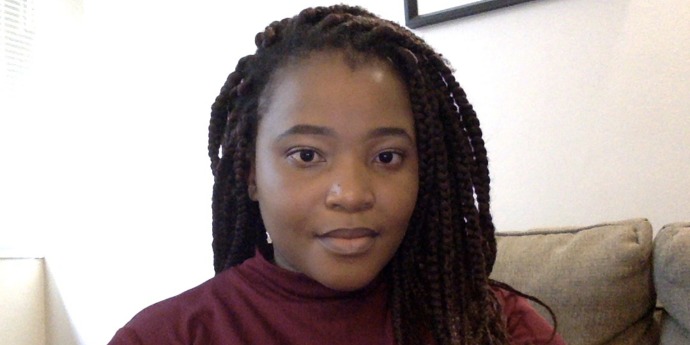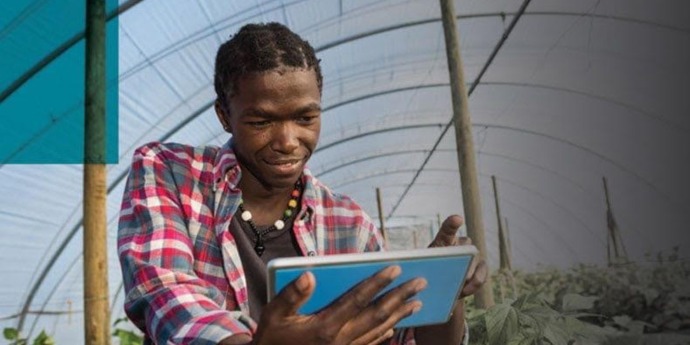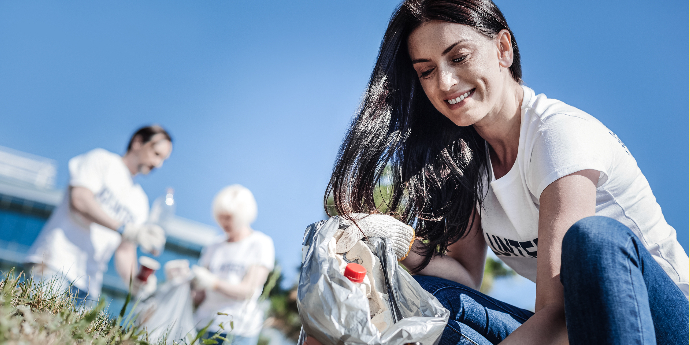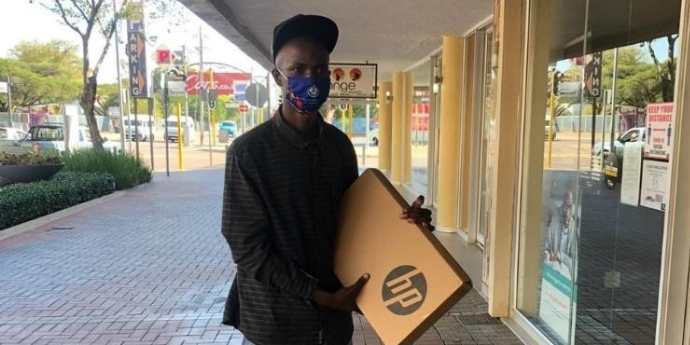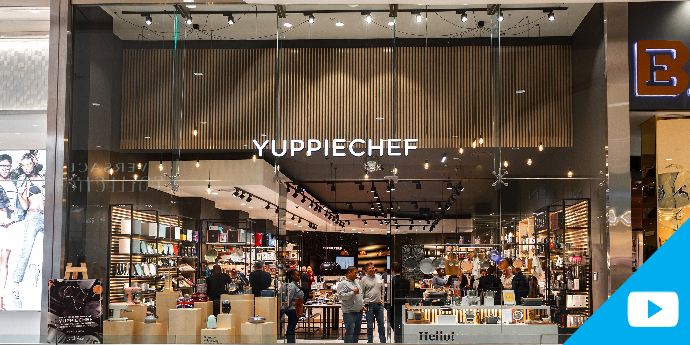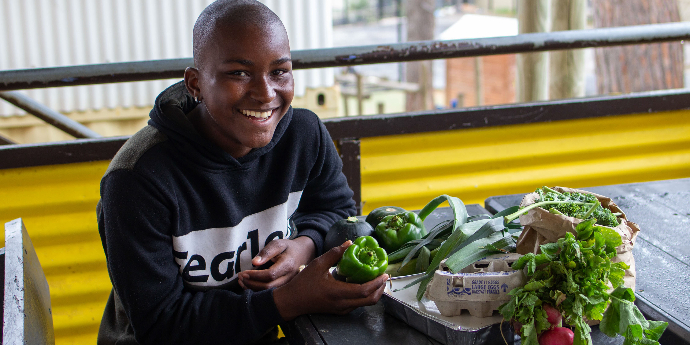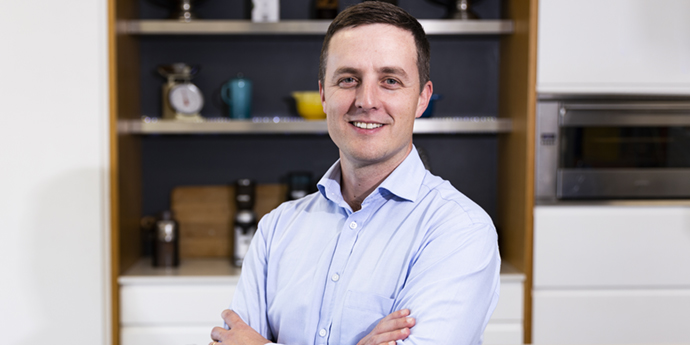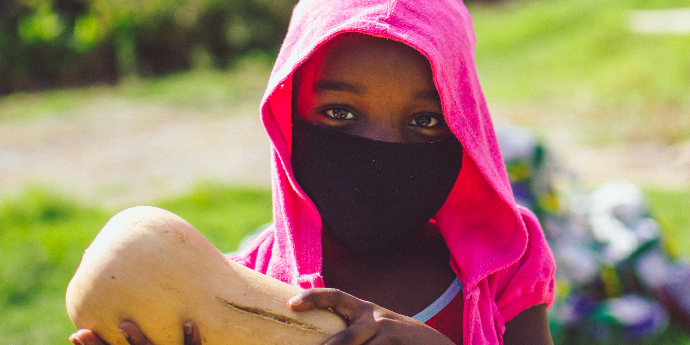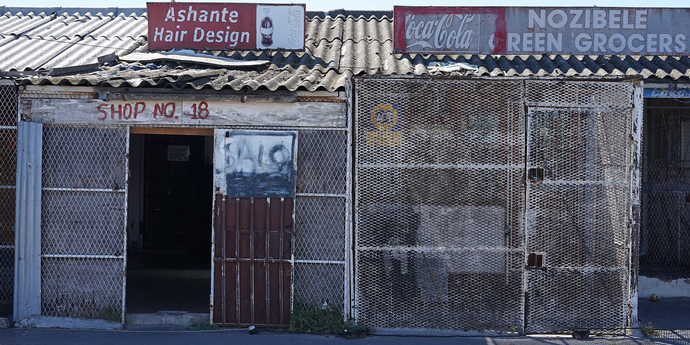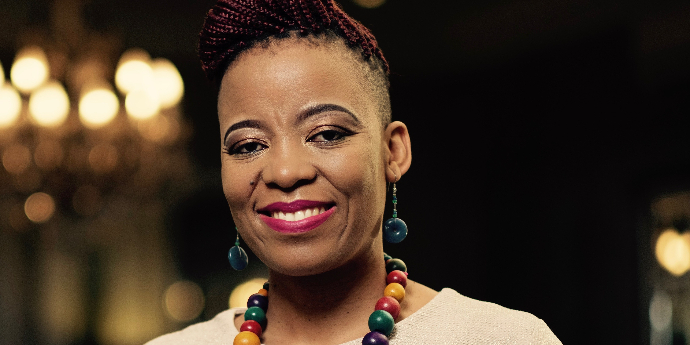Cape Town locals Johannes Le Roux and Inus Smuts may not have set out to become role models for other South African entrepreneurs but that is what they have become. In the space of only three years, their non-alcoholic gin and tonic beverage, called the Duchess, has won awards and has been successfully introduced to overseas markets in the UK, Belgium as well as Scandinavia.
UCT Graduate School of Business researchers looked into their remarkable success and their case study, Drink The Duchess: Marketing challenges and opportunities encountered when SMEs internationalise, was recently awarded first prize at the prestigious 25th CEEMAN & Emerald Case Writing Competition. The study provides key insights into the challenges faced by entrepreneurs and also debunks a few common myths about entrepreneurship:
Myth #1: All you need is a great idea
While the idea of a non-alcoholic, sugar-free gin and tonic in South Africa was undoubtedly good — tapping into an upswing globally in health drinks as well as craft gin — the company’s success can be attributed more to the combination of background, experience and expertise of the founders. Le Roux was inspired by what he termed “the move to mindful drinking” while on holiday in Amsterdam in the summer of 2016.
It wasn’t only about tapping into a more health-conscious, sugar-free and “clean lifestyle”. It was also about appealing to the hipster culture in Cape Town and creating an elegant, aspirational feel around a non-alcoholic, trendy beverage for adults. This meant developing a brand, creating awareness, positioning it in the market and spreading the word. Knowledge of online markets came into play too: for instance marketing less on Facebook and more on Instagram where beautiful imagery could be shown to better effect. A conscious decision was also made to stay away from digital channels which did not resonate with the brand, like Twitter. On the other hand, YouTube was used very effectively for short video clips on how to make various The Duchess cocktails.
Myth #2: Launch your product and people will come
Le Roux and Smuts took their product to their customers. The Duchess was launched in September 2016 at The Honest Gin Bar in Cape Town, the owner being a personal friend of the founders. Then the two friends rolled up their sleeves and in December 2016, built and painted a golden drinks trolley and braved their way into three big media houses in Cape Town, serving editors and bloggers with a variety of cocktails made from The Duchess.
Because the drinks were alcohol-free, they could be enjoyed at work — at 10am in the morning! This campaign paid off handsomely, there was plenty of exposure in local magazines and blogs and this idea was extended with other bloggers, creating an organic word-of-mouth awareness.
Myth #3: I don’t need to have experience in the business I’m launching
You cannot open a B&B if you have no experience in the hotel or hospitality industry. Similarly, Johannes Le Roux had previously started Branna’s Draft and knew exactly what challenges they would face with The Duchess. Smuts says, “From the beginning, Johannes was consciously looking for something that could scale globally. I’ve always had that idea because he’s always had that idea; it was there right from the beginning.”
Smuts, on the other hand, has vast experience in media, design and advertising, with a host of creative skills, contacts and know-how that could be tailored into developing a brand from scratch. Le Roux and Smuts carefully developed their brand angle, outlining it in a 23-page document that lists photography guidelines, tone and voice. They developed their brand on four pillars: music; art, design and fashion; health and adventure; and food. These categories provided guidelines for the choice of events they could use to leverage brand awareness. For instance, a Valentine’s Day theme in Newlands Forest featured an exclusive pop-up picnic experience.
Myth #4: All it takes is hard work
It takes so much more than hard work — you need a good partner, funding, marketing savvy, financial know-how and a passion for your product. A willingness to work hard is commendable but putting your energy and determination in the right place is key. For The Duchess launch in the UK, the London Junipalooza festival was chosen as the right venue. Smuts went straight to Ikea in London after his arrival, buying flat-packed furniture and a few household items to build The Duchess stand for the festival. It was one of the very few non-alcoholic options at the festival and a big hit — providing a sound foundation for the company to launch into the wider UK market.
The Duchess certainly faced many challenges too and the case study mentioned how they ran out of stock once, how they encountered a different market in the UK compared to South Africa as well as distribution partnership issues in international countries. But they were able to find solutions and were rescued, perhaps time and again, by the quality of their product. In the UK for instance, there are similar products on the market. But The Duchess is made according to a secret recipe with a key ingredient from Le Roux’s botanist aunt’s unique aromatic botanicals, along with orange peel, star anise, cardamom and cloves. As Inus puts it: “People see a non-alcoholic gin and tonic and they just wonder: what’s the point? And then they taste it and they get it.”
Professor Geoff Bick is Emeritus Professor of Marketing at the UCT GSB and Fran Heathcote is the Customer Insights and Growth Manager at Accenture and a UCT GSB MBA (2018) Alumna. The Case Writing Centre at the UCT GSB was established specifically to develop and publish African-focused teaching case studies that are relevant to business in the sometimes unique and often confounding contexts of emerging markets.

